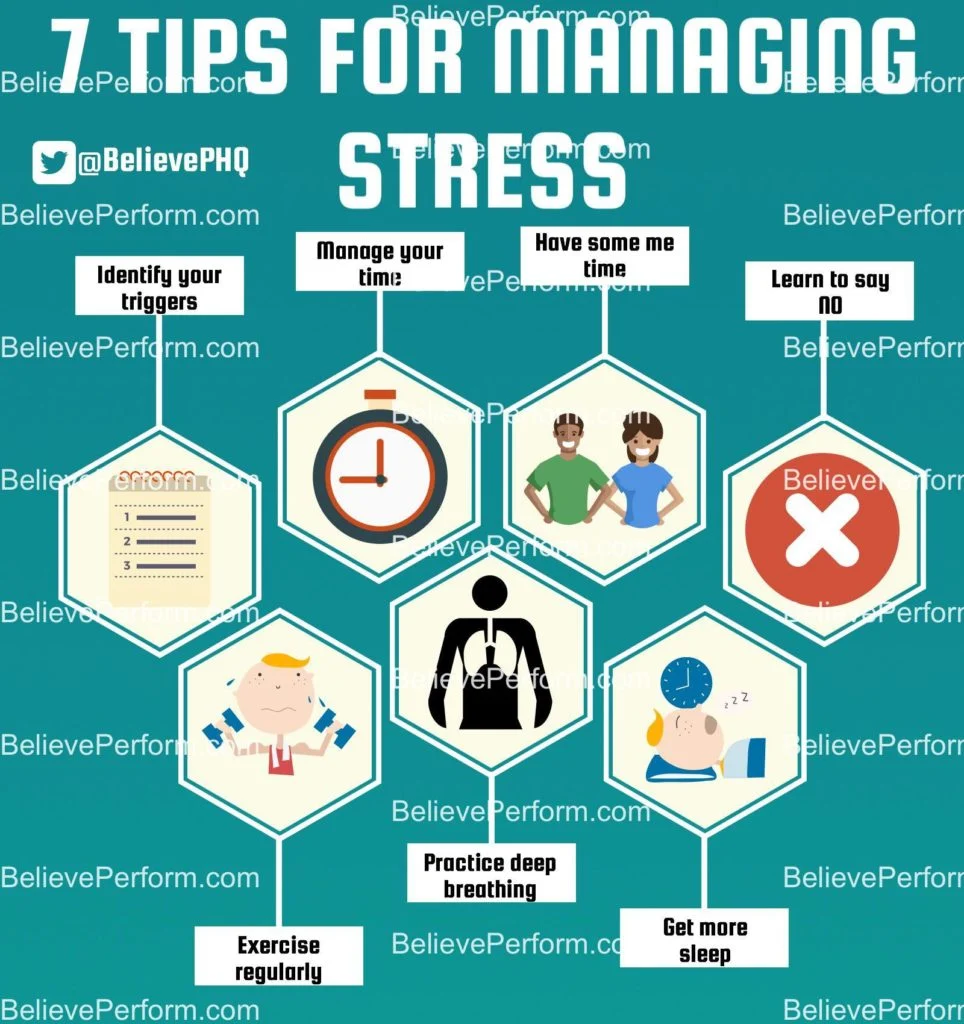In today’s fast-paced world, **mental health matters** more than ever. With the constant demands of work, family, and social life, it’s easy to feel overwhelmed and **stressed**. **Strategies for managing stress and anxiety** are essential for maintaining overall well-being. Taking proactive steps to address these issues can lead to improved mental clarity and a greater sense of **calm**.
Many people are curious about **effective coping mechanisms** for dealing with stress and anxiety. They may wonder about the **best practices** for managing these common mental health challenges. Understanding the **impact of stress** on the mind and body is also a topic of interest for many. Exploring **holistic approaches** to mental health can provide valuable insights into managing stress and anxiety.
Understanding Stress and Anxiety
Stress and anxiety are natural responses to challenging or threatening situations. While stress is a normal part of life and can sometimes be motivating, excessive or prolonged stress can lead to anxiety and negatively impact mental and physical health. Anxiety, on the other hand, is a feeling of fear, uneasiness, and worry, often about an imminent event or something with an uncertain outcome. It can manifest as physical symptoms such as increased heart rate, muscle tension, and difficulty concentrating.
Recognizing the Signs and Symptoms
It’s important to recognize the signs and symptoms of stress and anxiety in order to address them effectively. Common signs of stress include irritability, fatigue, and changes in appetite, while anxiety symptoms may include excessive worrying, restlessness, and difficulty sleeping. It’s also common for individuals experiencing stress and anxiety to have racing thoughts and an inability to relax or calm down.
Practicing Self-Care and Stress Management
Engaging in self-care practices can help alleviate stress and anxiety. This can include regular exercise, adequate sleep, and a healthy diet. Additionally, relaxation techniques such as deep breathing, meditation, and yoga can help calm the mind and reduce stress. It’s also important to set boundaries, practice time management, and engage in activities that bring joy and relaxation.
Seeking Support and Professional Help
If stress and anxiety become overwhelming, it’s important to seek support from friends, family, or mental health professionals. Talking about your feelings and experiences can provide relief and perspective. Professional help, such as therapy or counseling, can also provide effective coping strategies and tools for managing stress and anxiety.
Creating a Supportive Environment
Creating a supportive environment can significantly impact one’s ability to manage stress and anxiety. Surrounding oneself with understanding and empathetic individuals can provide a sense of comfort and reassurance. It’s important to communicate openly with loved ones about your needs and feelings, and to seek out social support when facing challenging situations.
Developing Coping Strategies
Developing healthy coping strategies is essential for managing stress and anxiety. This can include practicing mindfulness, journaling, or engaging in hobbies and activities that bring a sense of calm and fulfillment. It’s important to identify what triggers stress and anxiety and develop personalized coping mechanisms to navigate through difficult times.
Setting Realistic Expectations
Setting realistic expectations for oneself can help reduce stress and anxiety. It’s important to acknowledge limitations and prioritize tasks effectively. This may involve learning to say no, delegating responsibilities, and understanding that perfection is not always attainable. By setting realistic goals and expectations, individuals can alleviate unnecessary stress and pressure.
Engaging in Positive Self-Talk
Positive self-talk can play a crucial role in managing stress and anxiety. By challenging negative thoughts and reframing them in a more positive light, individuals can shift their mindset and reduce feelings of anxiety. Practicing self-compassion and self-encouragement can help build resilience and improve overall mental well-being.
Embracing Mindfulness and Meditation
Mindfulness and meditation practices can be powerful tools for managing stress and anxiety. By focusing on the present moment and cultivating a non-judgmental awareness, individuals can reduce the grip of anxious thoughts and worries. Mindfulness meditation can help individuals develop a greater sense of calm and acceptance, ultimately reducing the impact of stress and anxiety.
Seeking Professional Guidance and Treatment Options
In cases where stress and anxiety significantly impair daily functioning, it’s important to seek professional guidance and explore treatment options. This may include therapy, medication, or a combination of both. Mental health professionals can provide personalized treatment plans and support individuals in developing effective strategies for managing stress and anxiety in the long term.
| Topic | Strategies |
|---|---|
| Exercise | Regular physical activity can help reduce stress and anxiety. |
| Mindfulness | Practicing mindfulness and meditation can promote relaxation and reduce symptoms of anxiety. |
| Social Support | Seeking support from friends, family, or a therapist can help manage stress and anxiety. |
| Healthy Habits | Eating a balanced diet, getting enough sleep, and avoiding alcohol and drugs can contribute to better mental health. |
| Time Management | Organizing and prioritizing tasks can help reduce feelings of being overwhelmed. |
conclusıon
Mental Health Matters: Strategies for Managing Stress and Anxiety focuses on the importance of implementing various strategies to cope with stress and anxiety. By incorporating regular exercise, practicing mindfulness, seeking social support, maintaining healthy habits, and managing time effectively, individuals can improve their mental well-being and reduce the impact of stress and anxiety on their lives.




